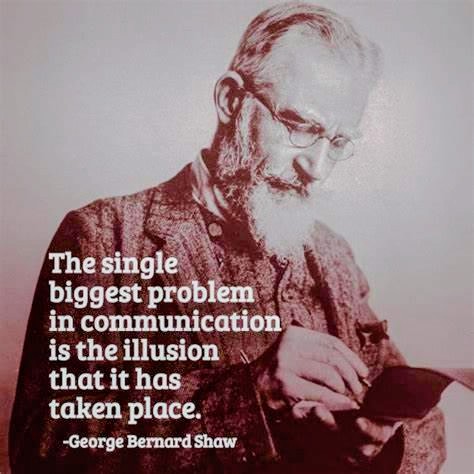Not long from now, we may see simultaneous interpretation move beyond its traditional home, those glass-walled booths at international summits and corporate conferences. For decades, interpreters have worked behind the scenes, their voices flowing invisibly into headsets, turning one language into another with precision and care. It has always been a service reserved for the privileged few: costly, complex, and largely hidden from view.
But in the coming years, as artificial intelligence continues its rapid advance, we might begin to imagine a different future. A future in which speech translation — the automatic, real-time conversion of spoken language — becomes ubiquitous, cheaper, and within reach for everyone. The vision is appealing, even utopian: open an app, press a button, and speak freely with anyone, anywhere in the world.
Soon, the thinking goes, machines will interpret not only our words, but our intentions, emotions, even cultural subtext. The benefits are obvious: imagine public services finally accessible to all, not just those who happen to speak the language of bureaucracy. Picture families understanding doctors, teachers, immigration officers. No interpreter required. Imagine cultural access so smooth that a teenager in Madrid can follow a Nairobi podcast, a chef in Seoul can understand a Sicilian grandmother on YouTube, a farmer in Guatemala can navigate an agricultural manual from China. All in real-time.
But beneath the promise lies a quiet risk, one rarely acknowledged in the excitement. The rise of AI-driven speech translation is not just democratizing access. It is producing what we might call the illusion of understanding.

This illusion rests on a seductive premise: that once something is translated, it is understood, or even understandable. That language can be decoded like a cipher and reassembled elsewhere, intact and unchanged. That culture, thought, and meaning can be flattened into packets of information and pushed cleanly across a linguistic bridge.
We should pause here. Because as the linguist Edward Sapir wrote in 1921, “Languages are not just different words for the same things, but different ways of seeing things.” Translation, then, is not just a technical task. It is an act of interpretation: one that always involves loss, choice, and perspective. Let’s be clear: this is not unique to automated translation; it is inherent to all forms of translation, whether performed by machines or by humans. But what matters are not so much the differences between translations themselves, as the subtle differences in how we experience and consume them. Differences that deserve our attention.
Take a simple scene: a tourist stands at a Shinto shrine in Kyoto, listening to a machine-generated translation of a guide’s words. The term kami is rendered as “gods.” The translation is smooth. The audio fluid. The tourist nods. She thinks she understands. But she doesn’t. Not really. Not the depth of kami as spirit, as presence, as ancestral force. Not the cultural echoes layered into the term across centuries. The translation wasn’t incorrect. But it wasn’t complete either. As Umberto Eco warned, “The danger of translation is not that it is wrong, but that it is right enough to be believed.”
This is the heart of the illusion: a sense of clarity that conceals complexity. The machinery of AI makes language sound seamless, natural, inevitable. But that very fluency is what makes it so deceptive. It hides the distance. It erases the hesitation that reminds us: this is not our world, not quite.
Even with human interpreters, understanding is partial. Interpreters are trained not just to translate but to mediate, to fill in gaps, to read between the lines. And still, moments arise when everything has been “correctly” said. But little has truly been grasped. Interpreters know this. They live in the space between expression and reception. But now, the machine renders that space invisible.
This is where Marshall McLuhan offers a deeper warning. In Understanding Media (1964), he wrote: “Every extension is also an amputation.” Technology extends our reach. AI gives us ears across languages. But in doing so, it also dulls a kind of internal sense: our awareness of how fragile, how contingent, understanding really is.
That dullness is new. In the past, the effort of translation was visible. It came with pauses, accents, second voices. We knew we were listening through a medium. But AI translation, precisely because it will sound so good, tricks us. It suggests that understanding is smooth, total, and automatic. That we are seeing clearly. But clarity is not comprehension. Translation can carry the words; it cannot guarantee the meaning arrives intact. The danger is not that AI will mistranslate: it will, sometimes, and we will adapt. The greater danger is that it will translate perfectly, and we will stop questioning what we think we know.
In the coming years, machine interpreting will become a universal tool, like spell-check or GPS. It will be good. It will be useful. It may even become extraordinary. But as we rush to make everything accessible, we must also remember that understanding is not a product. It is a practice. It is slow, and uncertain, and often incomplete.
And if we forget this — if we begin to believe that clicking “Translate” is the same as truly knowing — we won’t just fail to understand others. We may forget what it means to try.
